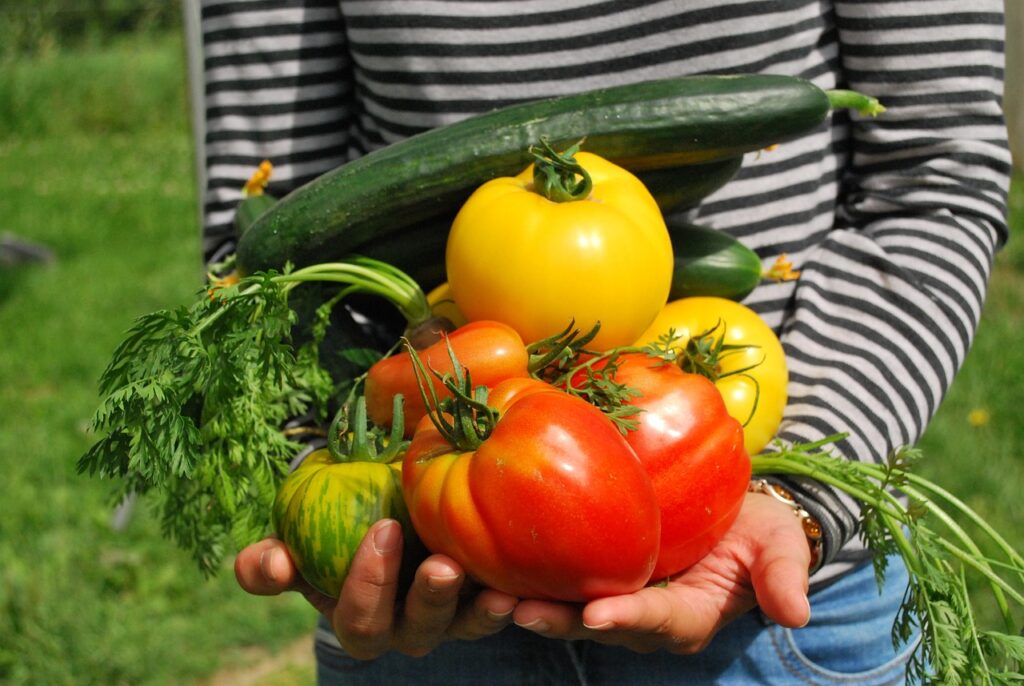By Ian Brundrett

For multiple decades climate change has been a relevant topic in public debate and political agenda. As scientific evidence continues to mount it is more evident now than ever before that it is affecting us in unprecedented ways. A particularly important side effect of climate change is how it is affecting our agriculture. The long-term effects of a warming planet may impact our farming techniques and what types of food are available during the seasons throughout the year.
As the average temperature of the globe rises it tends to stay warmer for longer during seasonal changes. This prolongs the growing season for certain crops and reduces the growing season for others. This means that some produce and crops may have a shortage of supply and could be hard to find at your local markets.
Increases in temperatures may increase the likelihood of wildfires in states that are already susceptible to them. This can devastate farmland and forests alike and wipe out crops in an instant.
Precipitation and the water cycle have a massive impact on agriculture and our growing methods. With warmer weather comes a possible increased rainfall and more violent storms. Insects that eat crops may increase in number along with weed growth. This could lead to an increase in pesticide use which in turn increases the potential for harmful runoffs associated with pesticides. Additionally, more water is not always a good thing for crops and plants as too much water can actually harm them and possibly lead to disease and decreased yield.
Precipitation also affects natural pollination and may change the behavior of pollinators like bees and butterflies. The combination of warmer temperatures and increased precipitation can change the behavioral pattern and timing of when crops and plants bloom and when bees and butterflies emerge. If there is a mismatch between plant flowering and the emergence of pollinating insects, pollination will decrease, and crop yields may decline. Heavy rains and violent storms can also cause increased soil erosion and produce more runoff. When this happens, beneficial nutrients in the soil can be lost.
Farmers, agriculturalists, and government bodies like the EPA have been hard at work for many years producing techniques and adapting their methods to the changes in our climate. However, we cannot always rely on them as the weather and our impact on the Earth is unpredictable. Therefore, it is important to take matters into our own hands and educate ourselves about agriculture. You can learn how to grow things in your own home no matter where you live. Getting hands on practice and finding useful techniques to grow your own vegetables is healthy not only for you but for the environment. Eating home grown vegetables is better for you than the highly produced and transported ones from the store. Additionally, it reduces the impact of greenhouse gases produced from shipping produce and it will lessen the use of pesticides that get trapped in runoff and end up in our oceans. It’s also important to shop at your local farmers’ markets! If you have access to locally produced crops, eggs, and meat, you’re benefiting your community as well as eating ethically sourced foods with much higher nutritional value.
Here are some links that can help you get started growing your own food!